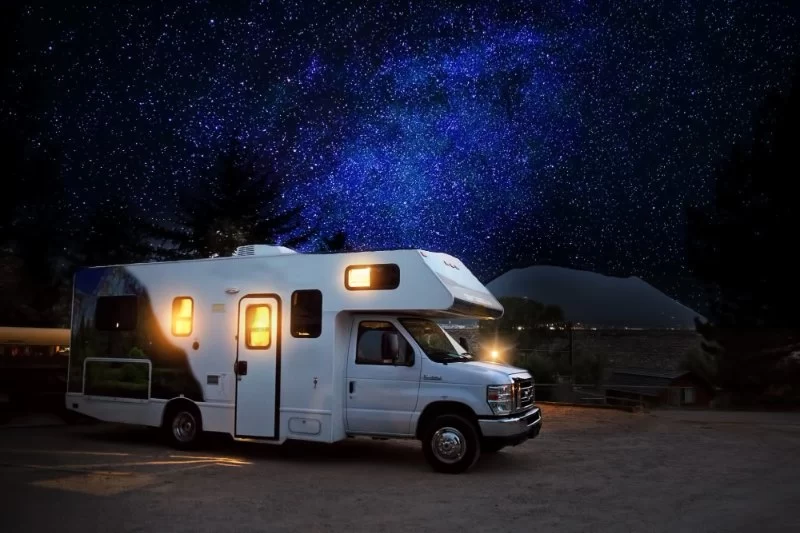Discover essential tips for first time RV owners. Learn what you should know before hitting the road, from maintenance basics to real-life travel advice for a safe and fun RV journey.

- first-time-rv-owner-what-you-should-know-before-hitting-the-road-overview
- understanding-your-rv
- planning-your-first-rv-trip
- maintenance-and-safety-checks
- real-life-stories-from-first-time-rvers
- expert-tips-and-support-for-rv-owners
1. First Time RV Owner: What You Should Know Before Hitting the Road Overview
First Time RV Owner: What You Should Know Before Hitting the Road is more than a checklist—it’s a mindset shift into a new way of exploring America. RVing combines freedom, adventure, and the comforts of home, but it also comes with responsibilities. From learning the ins and outs of your vehicle to planning routes and campsites, the right preparation makes your first trip both safe and enjoyable.
2. Understanding Your RV
2.1 Types of RVs
Motorhomes, travel trailers, and campervans each offer unique experiences. First-time owners should choose based on lifestyle, budget, and driving comfort. A couple planning weekend getaways may find a campervan ideal, while families often prefer motorhomes with more space.
2.2 Getting Comfortable
Before setting off, spend time parked in your driveway learning how everything works—plumbing, electricity, slide-outs, and leveling systems. Familiarity with your RV reduces stress on the road.
3. Planning Your First RV Trip
3.1 Choosing the Right Destination
National parks, scenic highways, and family-friendly resorts are excellent starting points. For a smoother first experience, select well-equipped campgrounds with hookups and easy access to amenities.
3.2 Route Preparation
Plan your route with RV-specific GPS apps that account for height clearances and road restrictions. Factor in fuel stops, rest areas, and campsite reservations, especially during peak seasons.
3.3 Budgeting for the Journey
RV travel can be cost-effective, but expenses like fuel, campground fees, and maintenance add up. A clear budget avoids surprises and helps maximize your enjoyment.
4. Maintenance and Safety Checks
Regular maintenance ensures your RV remains reliable. Key tasks include checking tire pressure, inspecting brakes, testing propane systems, and monitoring fluid levels. Safety should always come first—install smoke and carbon monoxide detectors, and keep a fire extinguisher onboard.
Experienced RVers recommend performing a pre-trip checklist before every journey to prevent breakdowns and ensure peace of mind.
5. Real-Life Stories from First-Time RVers
In 2024, a young family from Ohio shared their first RV adventure online, highlighting both mistakes and joys. They forgot to secure kitchen items, resulting in a mess after their first drive. However, evenings by the campfire and waking up to mountain views outweighed the hiccups. Stories like these remind us that RV travel is about embracing the journey, not perfection.
Another couple recalled their first road trip down the Pacific Coast Highway, learning quickly the importance of booking campsites early. Despite initial stress, they described it as the most freeing vacation of their lives.
6. Expert Tips and Support for RV Owners
Experts recommend practicing short weekend trips before committing to cross-country adventures. This allows you to test systems, packing habits, and driving confidence. Joining RV forums or local clubs provides community support and valuable advice from seasoned travelers.
For a welcoming first camping destination, Pine Cliff Resort offers an excellent base for new RV owners, with amenities that make the learning curve less daunting. Safe, scenic, and beginner-friendly, it’s a perfect starting point for your adventure.
Ultimately, being a first time RV owner is about preparation, patience, and perspective. With the right mindset and planning, your first journey can become the start of a lifelong passion for the open road.
Preston Valley Campground
Uinta-Wasatch-Cache National Forest, Forest Rd 318, Logan, UT 84321, USA
Visit Location PageMohawk Camp Ground
756 W 375 N, Greenfield, IN 46140, USA
Visit Location Page